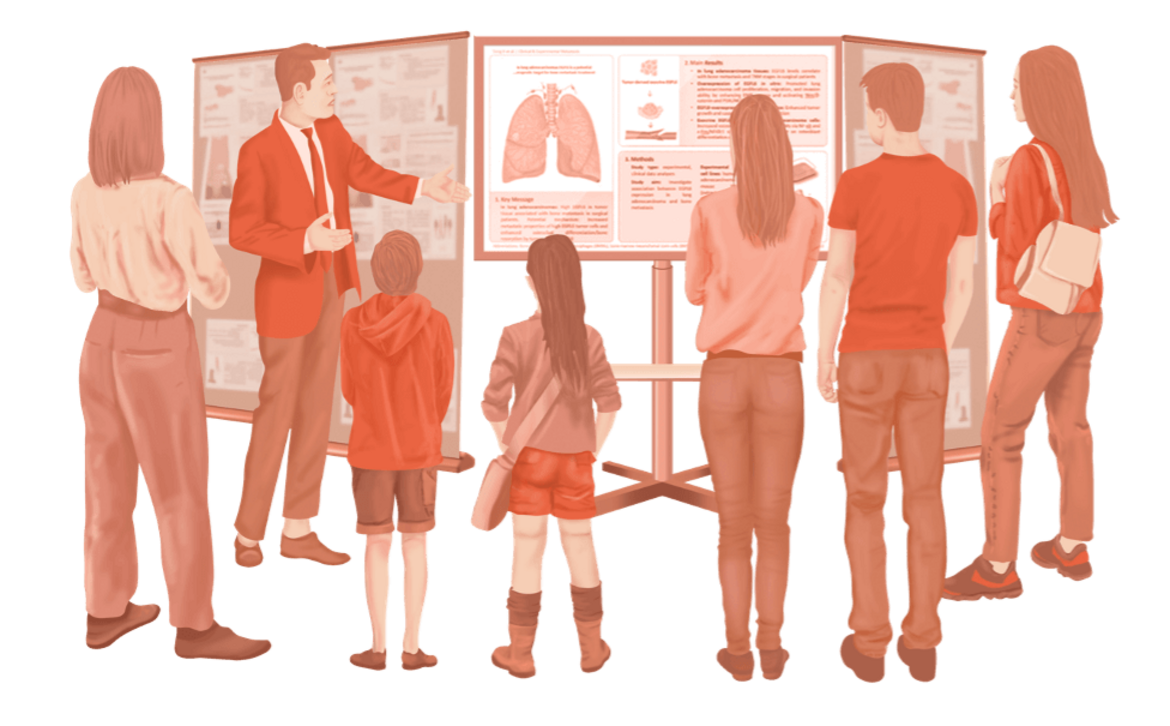-
Working Groups
- Climate Change and Health Intervention
- Climate Change, Nutrition and Health
- Climate Change, Migration and Health
- Heidelberg Planetary Health Hub (Hei-Planet)
- Climate-smart Health Systems
- Design and implementation research in global health
- Digital Global Health
- Disease Control in Disadvantaged Populations
- Epidemiology and Biostatistics
- Epidemiology of Transition
- FAIR and ethical data and sample reuse
- Field Epidemiology Research in German Public Health
- Global Child Health
- Global Health and Economics Research Group
- Global Health Diagnostics
- Global Health Policies and Systems
- Health Economics and Health Financing
- Implementation research for prevention and disease control
- Injury Epidemiology and Prevention
- Mathematical Modelling of Infectious Diseases
- Non-communicable disease (NCD) in LMICs
- Non-Communicable Diseases (NCDs) Implementation Research
- Oral Health
- Planetary Child Health
- Science Communication
- Vector Borne Diseases and Geo Health
Science Communication

The Science Communication Research group at HIGH. investigates the foundations of efficient peer-to-peer, peer-to-public and public-to-public communication and develops methods for effectively disseminating medical research to the general public.
Vision
We believe that communicating science effectively is crucial for a well-informed, inclusive and healthy society. Our goal is to help researchers share their work with the public in a clear and inspiring way. We create the research foundation for new communication methods and tools to make science easier to understand and more impactful. Our efforts connect researchers, policymakers, and the general public.
Main Research Interests:
- Foundations of efficient peer-to-peer, peer-to-public and public-to-public communication
- Development of innovative approaches for disseminating medical (research) information to the general public
- Leveraging generative artificial intelligence for science communication
- Investigating barriers to effective science communication and developing solutions
- Exploring the role of digital media in science dissemination with a focus on social media channels and new digital formats
Group Members
GROUP MEMBERS
- Priv.-Doz. Dr. med Benito Campos, MBA (Group Leader)
- Paula Reimann (group member)
- Annegret Trettin (associated group member)
- Prof. Lars Rønn Olsen, PhD (associated group member)
-
Working Groups
- Climate Change and Health Intervention
- Climate Change, Nutrition and Health
- Climate Change, Migration and Health
- Heidelberg Planetary Health Hub (Hei-Planet)
- Climate-smart Health Systems
- Design and implementation research in global health
- Digital Global Health
- Disease Control in Disadvantaged Populations
- Epidemiology and Biostatistics
- Epidemiology of Transition
- FAIR and ethical data and sample reuse
- Field Epidemiology Research in German Public Health
- Global Child Health
- Global Health and Economics Research Group
- Global Health Diagnostics
- Global Health Policies and Systems
- Health Economics and Health Financing
- Implementation research for prevention and disease control
- Injury Epidemiology and Prevention
- Mathematical Modelling of Infectious Diseases
- Non-communicable disease (NCD) in LMICs
- Non-Communicable Diseases (NCDs) Implementation Research
- Oral Health
- Planetary Child Health
- Science Communication
- Vector Borne Diseases and Geo Health
Group Leader

Priv.-Doz. Dr. med Benito Campos, MBA
LinkedIn: here
Publications: here
Benito.campos(at)uni-heidelberg.de
Im Neuenheimer Feld 130.3, 69120 Heidelberg
